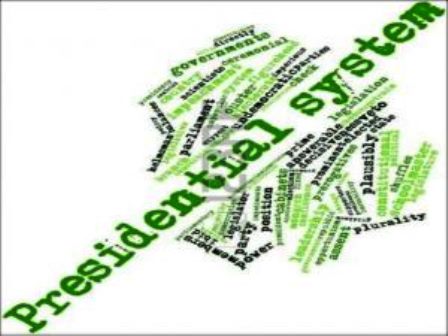Powers and Limitations to the Powers of the Executive President
This post will detail out the powers of an executive President and the limitations to his powers. A Presidential System of Government is one in which there is an executive President, that is, someone vested with all executive powers and who combines the office of head of state and head of government. The President whose constituency is the entire country, combines government powers with ceremonial powers, and is also commander-in-chief of the armed forces.

Having understood what the Presidential System of government is all about, we shall enlighten you on what the powers of the President are and their limitations.
Powers of an Executive President
1. The President is both the head of state and head of government.
2. The President appoints ministers and other members of his cabinet.
3. The President is the commander-in-chief of the armed forces.
4. The President prepares and presents the annual budget to the legislature.
5. The President nominates for approval ambassadors and other representatives of the country in foreign countries.
6. The President enters into treaties with other countries, subject to the approval of the legislature.
7. The President performs ceremonial functions like taking the salute at national day celebrations and inaugurating a fresh session of the Parliament.
8. The President nominates the country’s chief justice as well as the justices of the Supreme Court.
9. The President attends the heads of state and government meetings of international organizations.
10. The President awards national honours to deserving citizens of the country, and grants pardon under the ‘prerogative of mercy’ to certain categories of prisoners.
11. The President signs into law bills passed by the legislature.
12. The President coordinates and controls all departments under his government. He also formulates and ensures the execution of the country’s policies.
Limitations to the Powers of the Executive President
1. The President can be impeached by the legislature if he violates or abuses the provisions of the constitution.
2. The President must present the list of his ministers, judges and ambassadors to the legislature for approval.
3. The term of the President is fixed by the constitution for a limited period.
4. The constitutional review power of the Supreme Court can declare null and void any unconstitutional action of the President.
5. As sometimes happens, the control of the legislature by another party other than that of the President, acts as a strong check on the powers of the President.
This are the powers and the limitations to the Powers of the Executive President.